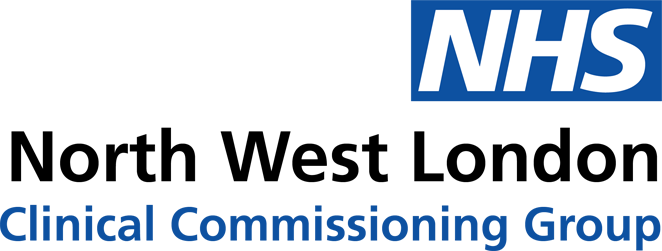New community rapid response offer for patients in NW London
Published on: 9th December 2020

Across North West London, all rapid response teams now provide the same core minimum clinical services for patients living within the eight boroughs.
From 1 November 2020, the rapid response teams across NW London launched a newly standardised service. This means that, regardless of which borough a patient lives in, they will receive the same core clinical support from their rapid response team, seven days a week, 365 days a year.
This change is beneficial for patients, and is also good for the clinical staff who ask the rapid response teams to visit patients in their home. For example, the new offer provides consistent, minimum operational hours and last referral times across NW London, making it easier logistically for staff to refer patients to the service.
Bringing together the North West London rapid response teams may sound simple, but until now there has been a complicated mixture of different levels of service. Up until the 31 October 2020, each of the CCGs had different contracts, clinical services available, hours of operation, and last times of referral. This meant that different versions of the service were available, which referring health professionals had to try and navigate in order to refer patients into.
What is a rapid response team?
Rapid response teams are highly skilled, multi-disciplinary teams. They provide rapid assessment to patients aged 18 and above during periods of severe or sudden illness, with a view to supporting them to stay at home and independent, where possible.
They also enable people to be rapidly discharged from hospital to continue their recovery at home.
What is included in the newly aligned service?
The new offer means that the rapid response service available in each borough will have the same:
- core minimum clinical services available - for instance, all the teams will now assist people who have fallen but who have not injured themselves, in instances where the patient has been on the floor for less than 1 hour at the point of the call being made. In these cases, the rapid response teams will be able to assist the patient to get up off the floor and provide treatment.
- core minimum opening hours; Mon-Sun 8am to 10pm (those services who were doing longer hours before 1 November remain unchanged)
- a last referral ‘cut off point’ each day of 8pm. This means the last time of day in which a patient can be referred to the rapid response service* (some boroughs offer later referral times but this is the minimum).
- agreement that a patient will be seen by an appropriate health professional within two hours of referral, when triaged as needing an urgent response
*A patient is referred to the rapid response team by a health care professional. For example, a referral can be made from a GP practice, a hospital, the London ambulance service, NHS 111 or a care home.
How was this new approach developed?
Back in 2019, it was agreed that a solution was needed to address the inconsistencies in the rapid response service contracts. To address the issue, the five community providers who deliver the services, and the eight Clinical Commissioning Groups who commission the services, came together.
The work began by finding the commonalities in the existing services across the eight boroughs, agreeing which aspects worked well and could be adopted across all eight services. The group then decided what the ideal future service would look like, and the steps needed to achieve this.
Once the model and steps needed were agreed, a gap analysis was completed with each of the boroughs to determine where they were already meeting requirements and where there was variation that needed to be addressed. This led to the development of an improvement programme, the first phase of which has now begun with the new service offer which launched on 1 November 2020.
What are the next steps?
To measure whether the changes have improved the service for patients and clinicians, a range of metrics will be routinely collected. The data gathered will include information such as:
- The number of referrals into the rapid response services
- The percentage of patients who, after being triaged as needing an urgent response, are seen within 2 hours
- The number of patients who use urgent care services, once discharged from the rapid response service
A programme of further service development is scheduled for 2021. The data collected will be used to identify additional improvements and inform the service development plan.
To find out more, contact Siobhan Herron, the Quality Improvement Lead for NW London Collaboration of CCGs at nwlccgs.covid19community@nhs.net








